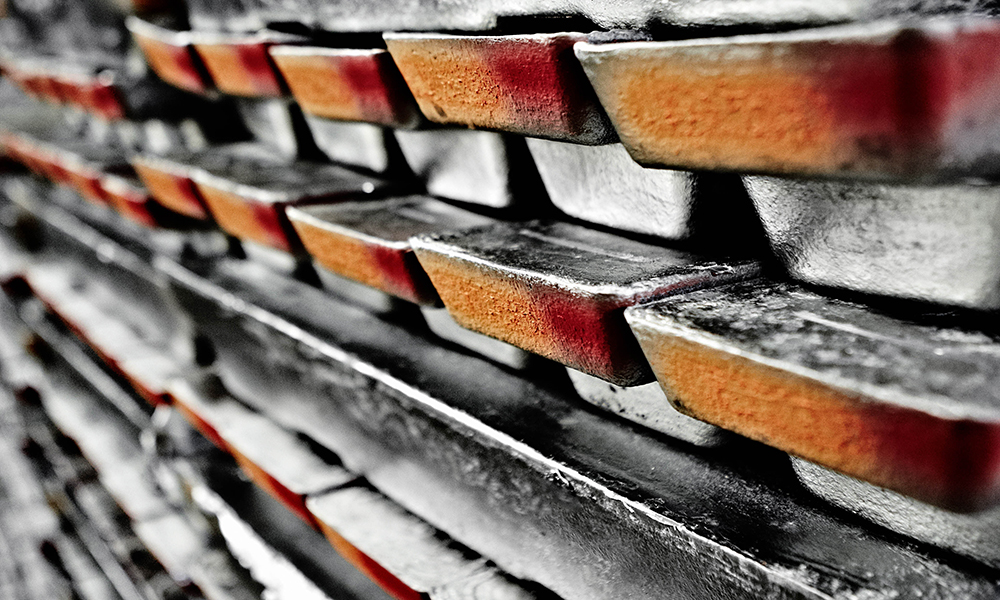EU tags copper and nickel as strategic, but industry wants more

The European metals sector welcomed a move by the EU on Thursday to include copper and nickel as strategic materials for the first time and ensure speedier permits and easier access to capital, but said more could be done to secure supplies.
The Critical Raw Materials Act (CRMA) unveiled by the European Union adds the two major industrial metals to a list that had previously focused on more niche minerals such as cobalt, lithium and rare earths.
Copper is used in renewable energy systems and for wiring in electric vehicles (EVs) while nickel is a major component in many EV batteries.
Mining and metals companies, including Sweden’s Boliden, cheered EU plans in the CRMA to provide streamlined permits and access to financing for projects pegged as strategic.
However, to ensure a supply of materials needed for the green transition, other industrial metals such as aluminium should be included while fair competition with China also needs to be addressed, industry groups and firms said.
The VDM Association of German Metal Traders and Recyclers was among those pushing for aluminium and zinc to be included.
“These areas of the metal industry also need fast approval procedures and, above all, competitive energy prices,” the group said in a statement.
The EU already produces about 15% of its needs for copper, well above the overall 10% target set by the EU for strategic minerals, but the situation could deteriorate, the CEO of Aurubis, Europe’s biggest refined copper producer, said.
“Every mine gets depleted therefore it is time to act now to ensure that new mining projects, which will take years to develop, are being approved in time,” Roland Harings told Reuters in an interview.
Harings also said the EU must ensure fair competition with China and other countries so the metals recycling industry can thrive.
“We have absolutely no problem in being in competition if there’s a level playing field. If everybody has to respect minimum environmental, labour and other standards.”
Aurubis sees recycling as a huge growth area with new plants being built and has the intention in the longer term to also move into recycling of electric vehicle batteries.
(By Eric Onstad and Philip Blenkinsop; Editing by Elaine Hardcastle)
{{ commodity.name }}
{{ post.title }}
{{ post.date }}




Comments